Some might argue that tactics have not changed that much in the 40 years since. Those years have also been littered with such antics, but the overriding impression was that the sterile excesses of that period had been consigned to the scrapheap of Cyprus problem history. After all, the supreme practitioners of these puerile political arts – Spyros Kyprianou and Rauf Denktash – have long left this world, taking with them their dogmatic hostility to any type of understanding or deal.
In the last week, however, those old enough to remember relived the Kyprianou-Denktash era with different actors. In the north, ‘foreign minister’ Kudret Ozersay, who sees himself as an upholder of Denktash’s two-state legacy, engaged in some unwarranted obstructionism, blocking the opening of the crossing points that had been agreed by Mustafa Akinci and Nicos Anastasiades. It was a move designed to undermine Akinci and to rile Anastasiades for not engaging in dialogue with the ‘government’ about the crossing points.
What did he achieve apart from scoring a few political points? For these meaningless points, he prevented thousands of Turkish Cypriots, desperate for income, from going to their jobs in the south by threatening them with a 14-day quarantine if they returned to the north. This resulted in the very few that did cross taking bedding with them so they could sleep in their cars rather than return to their homes.
In the Republic, meanwhile, President Anastasiades took a leaf out of the Kyprianou book of patriotic diversion tactics by publicly attacking the UN Secretary-General’s Special Representative Elizabeth Spehar for a “lack of objectivity” in Unficyp’s approach to the handling of the crossing points by the two sides. When the Cyprus government decided to close four of the nine crossings at the end of February, Unficyp issued a mildly critical statement, but when Ozersay blocked the Akinci-Anastasiades deal last week, it avoided taking a stance.
The president was entitled to feel aggrieved by what was unfair treatment, but his angry public reaction on Thursday night that was buttressed by his foreign minister’s outburst on the radio the following day, was designed exclusively for domestic consumption, as attacks on UN officials were back in the days of the Kyprianou presidency. In those days UN envoys were all dismissed as Turkophiles plotting against the Republic and the Greek Cypriot cause. The newspapers, with the government’s blessing, carried out vicious hatchet jobs on them.
What was Anastasiades hoping to achieve with his public attack on Spehar and Unficyp? He had sent a letter with his complaints to her and planned to forward it to the Secretary-General, so what does he gain by turning his legitimate grievance into a public issue? Would it have more impact if he and his foreign minister made a big public fuss about it, or did they want to score a few points domestically by attacking a soft target they knew would not react, in keeping with the tradition bequeathed by Kyprianou?
There is an important difference between then and now. In the 80s there was never any talk of withdrawing Unficyp from Cyprus as there has been in the last couple of years, when the matter repeatedly comes up during the discussion of the renewal of the UN mandate by the UN Security Council every six months. How wise was it to publicly attack the UNSG’s Special Representative in Cyprus just a few weeks before this discussion is scheduled to take place at the UN, especially as it is the Greek Cypriots that are desperate for the peacekeeping troops to remain on the island? Anastasiades is not making things any easier for our side by lashing out the head of Unficyp.
Even putting aside the extension of Unficyp’s presence, does anyone seriously think this mindless playing to the gallery will lead anywhere, other than back to the paranoia and suspicion of the 1980s? It may suit Ozersay’s and the Turkish Cypriot nationalists’ two-state agenda, but is this what Anastasiades wants? We would have hoped he would follow the example set by Akinci and rise above the sterile pettiness of the past instead of being dragged into it by Ozersay and Tatar.

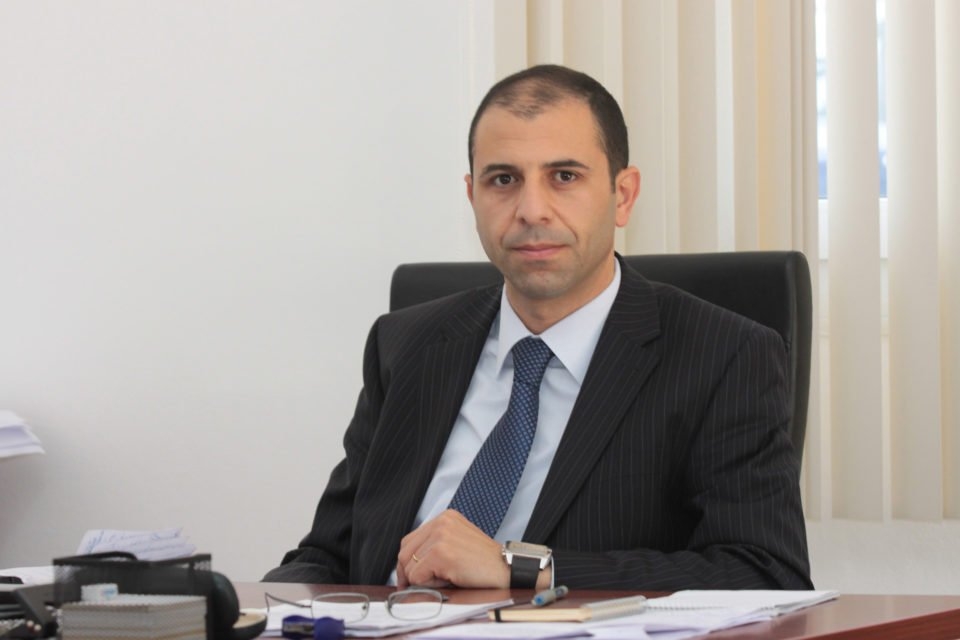

 RMMO KOMUTANI ZERVAKİS’İN KORONAVİRÜS TESTİ POZİTİF ÇIKTI ...
RMMO KOMUTANI ZERVAKİS’İN KORONAVİRÜS TESTİ POZİTİF ÇIKTI ... 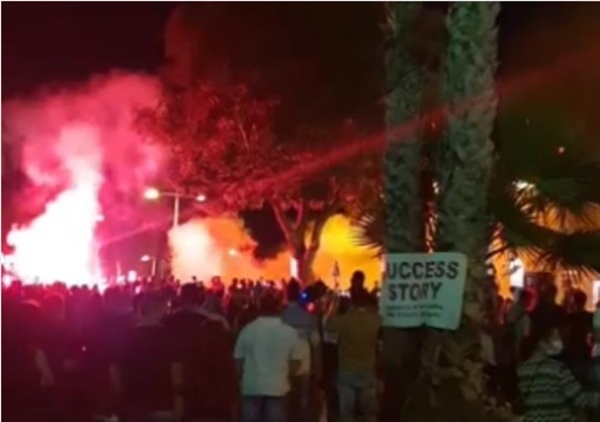 LİMASOL’DA PROTESTO GÖSTERİLERİ ...
LİMASOL’DA PROTESTO GÖSTERİLERİ ...  NURİS: ANASTASİADİS’İN “KULLANIM KAYBI TAZMİNATI” VAADİ YERİNE GETİRİLEMEZ ...
NURİS: ANASTASİADİS’İN “KULLANIM KAYBI TAZMİNATI” VAADİ YERİNE GETİRİLEMEZ ... 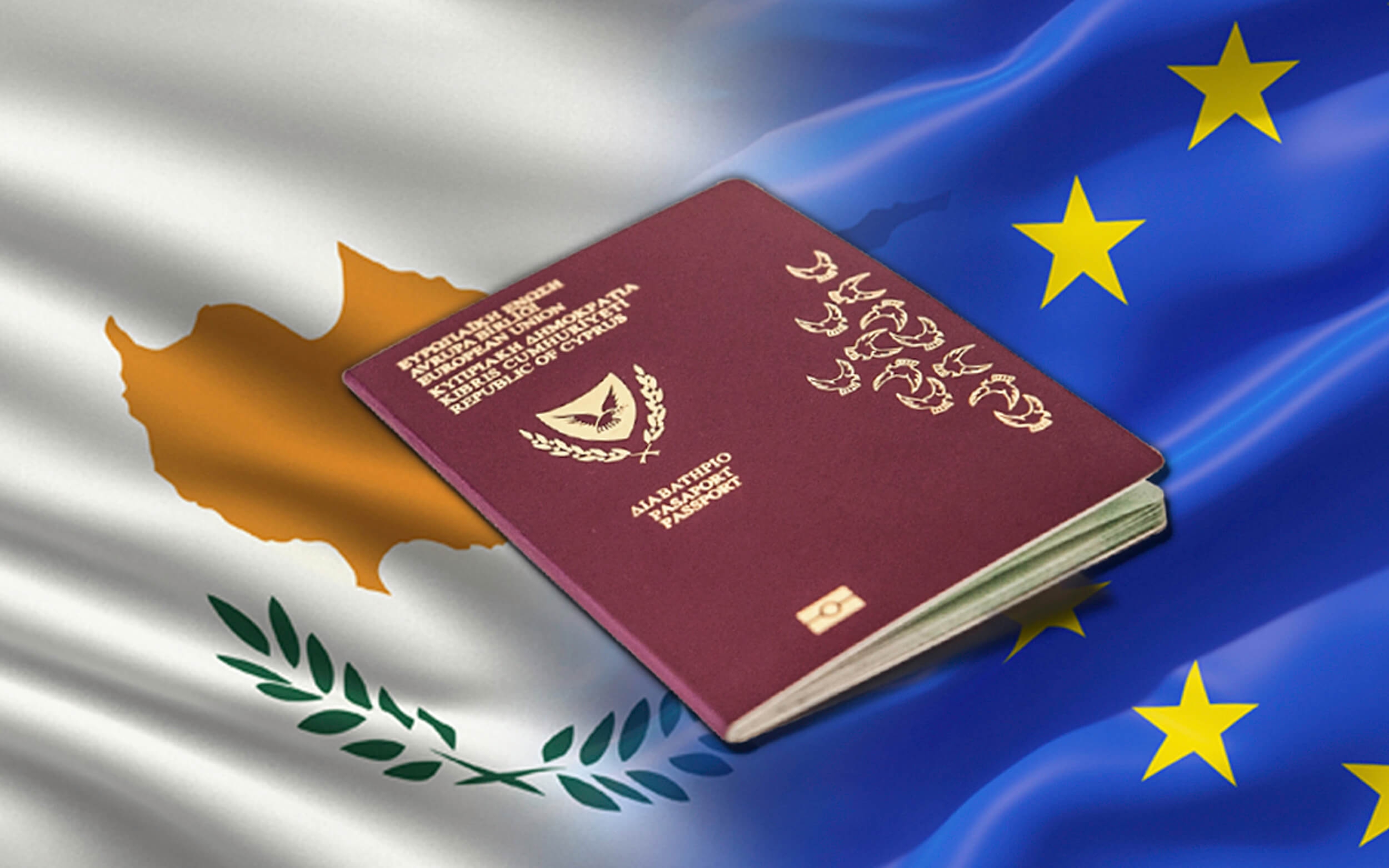 HER 10 RUM’DAN 6’SI GÜNEY KIBRIS’TAKİ DEVLETİN “YOLSUZLUK DEVLETİ” OLDUĞUNA İNANIYOR ...
HER 10 RUM’DAN 6’SI GÜNEY KIBRIS’TAKİ DEVLETİN “YOLSUZLUK DEVLETİ” OLDUĞUNA İNANIYOR ... 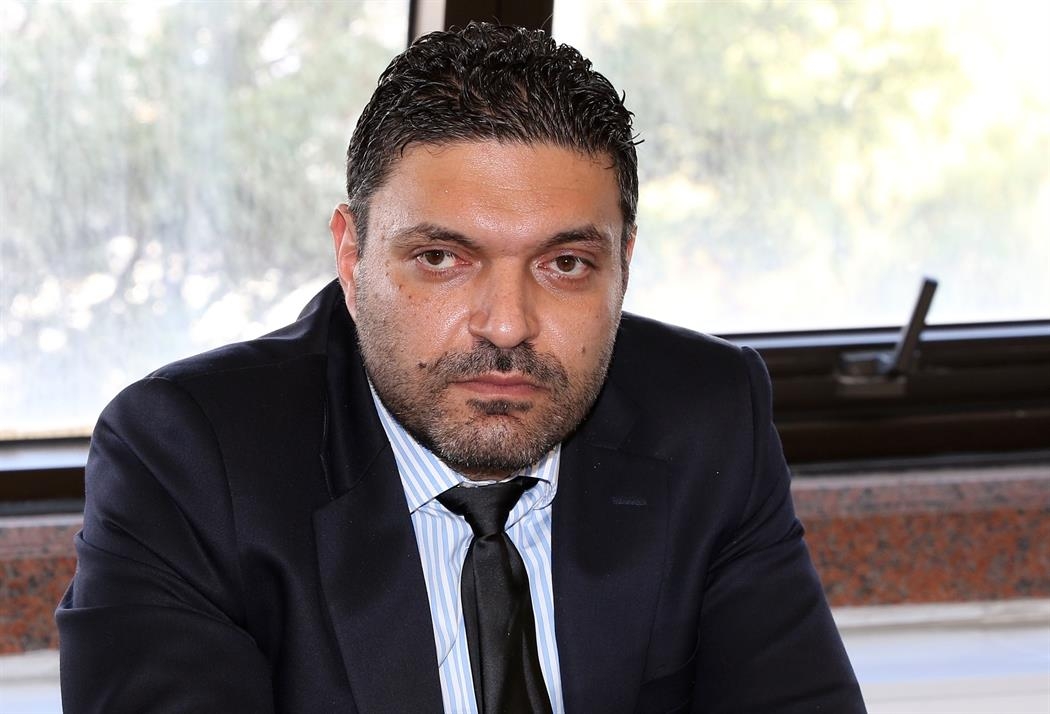 RUM SAVUNMA BAKANI’NDAN TÜRKİYE’YE ELEŞTİRİ ...
RUM SAVUNMA BAKANI’NDAN TÜRKİYE’YE ELEŞTİRİ ... 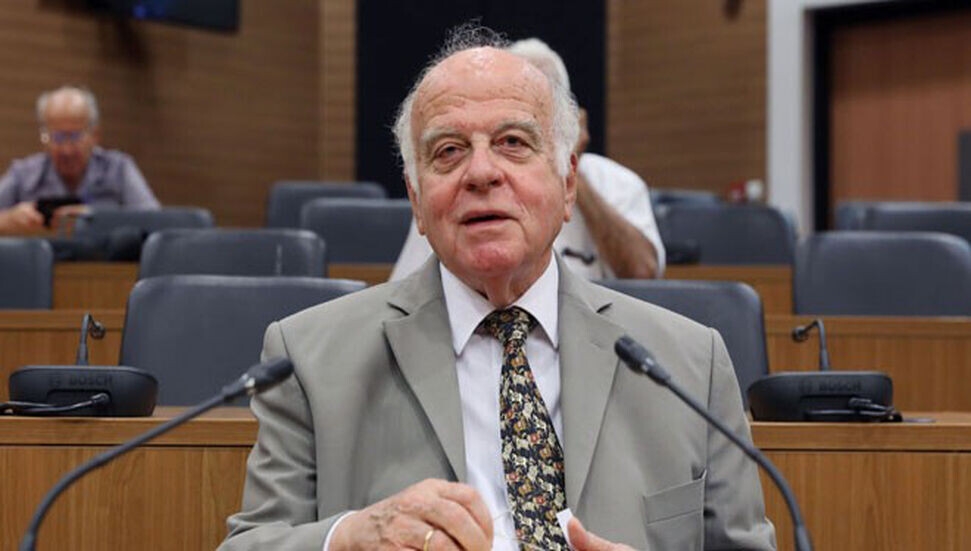 ROLANDİS: “KAYBEDİLMİŞ FIRSATLAR, KAYBEDİLMİŞ VATANLARA GÖTÜRÜR” ...
ROLANDİS: “KAYBEDİLMİŞ FIRSATLAR, KAYBEDİLMİŞ VATANLARA GÖTÜRÜR” ... 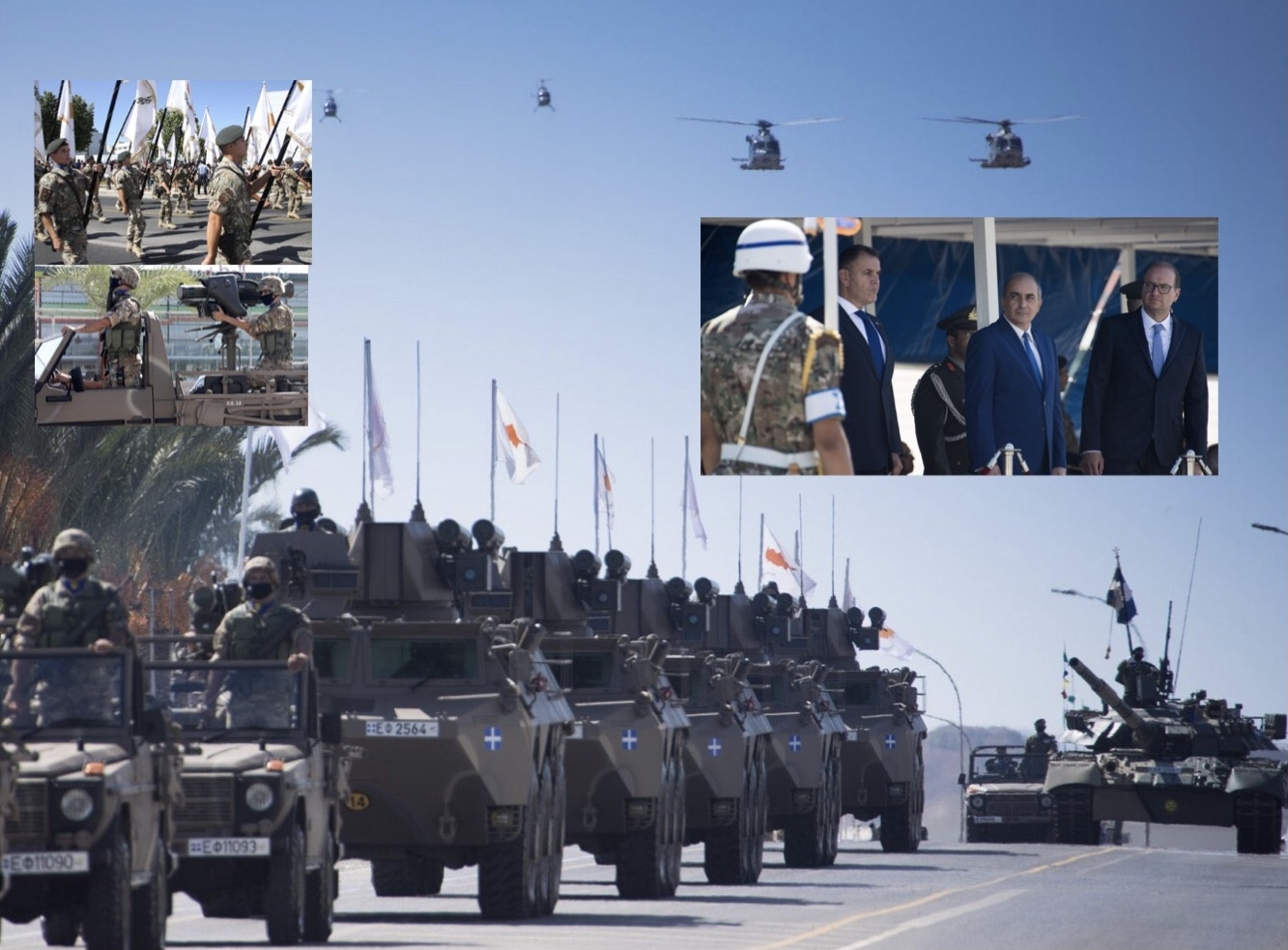 ŞİLLURİS: “KIBRIS SALDIRGAN VE YAYILMACI GÜÇLERE KARŞI KENDİNİ SAVUNMAYA HAZIRDIR” ...
ŞİLLURİS: “KIBRIS SALDIRGAN VE YAYILMACI GÜÇLERE KARŞI KENDİNİ SAVUNMAYA HAZIRDIR” ... 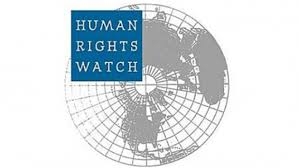 İNSAN HAKLARI İZLEME ÖRGÜTÜ: GÜNEY KIBRIS’TA, DÜZENSİZ GÖÇMENLERE KÖTÜ MUAMELE YAPILIYOR ...
İNSAN HAKLARI İZLEME ÖRGÜTÜ: GÜNEY KIBRIS’TA, DÜZENSİZ GÖÇMENLERE KÖTÜ MUAMELE YAPILIYOR ... 
